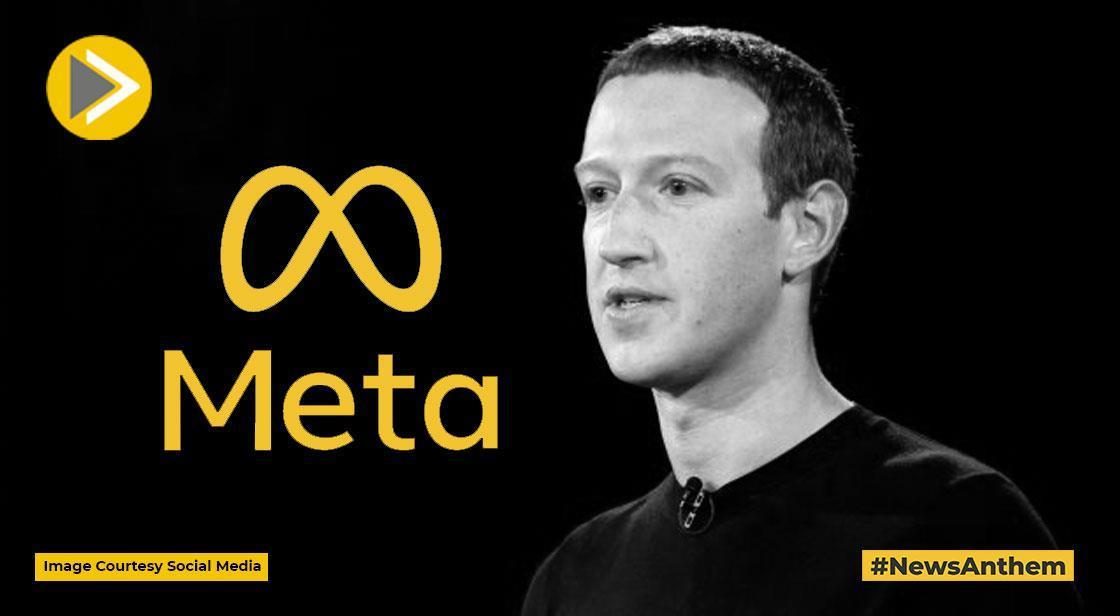Mark Zuckerberg Contemplated Instagram Spinoff in 2018, Trial Documents Reveal

News Synopsis
In a surprising revelation during the high-stakes antitrust trial between Meta Platforms Inc. and the Federal Trade Commission (FTC), Meta CEO Mark Zuckerberg admitted that he once considered spinning off Instagram from Meta's portfolio. The disclosure came to light through a 2018 internal memo presented during Zuckerberg's second day of testimony, as reported by Reuters.
"I wonder if we should consider the extreme step of spinning Instagram out as a separate company," Zuckerberg had written in the memo. At the time, Meta (formerly Facebook) was exploring ways to deepen the integration of its platforms—Facebook, Instagram, and WhatsApp.
While Meta CEO Mark Zuckerberg acknowledged that tighter integration could fuel business growth, he also expressed caution, warning that such moves might devalue Facebook and wouldn't guarantee Meta’s long-term retention of its various platforms. Ultimately, the company chose to proceed with platform unification rather than a spinoff.
FTC Seeks to Unwind Meta's Major Acquisitions
Evidence Fuels Government’s Push to Dismantle Meta
The internal discussion, now central to the FTC’s legal arguments, is being used to support the commission’s attempt to undo Meta’s acquisitions of Instagram and WhatsApp. The Federal Trade Commission (FTC), which filed its lawsuit back in 2020 under the Trump administration, alleges that Meta followed a "buy or bury" strategy to suppress competition and monopolize the social media landscape.
Zuckerberg’s 2018 memo further reflects his awareness of political headwinds brewing against Big Tech. "As calls to break up the big tech companies grow, there is a non-trivial chance that we will be forced to spin out Instagram and perhaps WhatsApp in the next 5–10 years anyway," he warned, adding that such action might come under "the next Democratic president."
Zuckerberg Acknowledges Instagram Had Better Tech
Acquisition Strategy Under Scrutiny
Zuckerberg also made a striking admission on the stand, noting that Meta acquired Instagram because it had better technology than Facebook’s in-house development at the time. "We were doing a build vs. buy analysis," he testified. "I thought that Instagram was better at that, so I thought it was better to buy them."
This admission supports the FTC’s narrative that Meta intentionally acquired rising competitors to eliminate threats, rather than innovating to stay competitive. In another piece of evidence, Zuckerberg previously wrote that "it is better to buy than compete," a line that has become symbolic of the FTC’s broader antitrust accusations.
Failed Settlement Attempt Before Trial
Zuckerberg Reportedly Offered $1 Billion to FTC
Earlier this week, it also came to light that Zuckerberg tried to negotiate a financial settlement to avoid trial. According to reports, Meta initially offered the FTC $450 million in March, eventually raising the amount to $1 billion. However, these offers were reportedly far below the FTC’s demands, which included at least $18 billion, possibly up to $30 billion, and a formal consent decree. FTC Chairman Andrew Ferguson rejected the proposal, leading to the current legal showdown.
High-Profile Testimonies Expected as Trial Continues
Sandberg, Systrom to Appear in Court
Zuckerberg, who first took the stand on Monday, is expected to return later this week as the trial progresses. Other prominent figures—including former Meta COO Sheryl Sandberg and Instagram co-founder Kevin Systrom—are also expected to testify, adding further weight to the already intense legal battle.
The outcome of this landmark trial could reshape how tech giants operate in the U.S., with potential implications for corporate consolidation, innovation, and consumer privacy.
Conclusion:
The ongoing Meta vs FTC antitrust trial has opened a rare window into the internal deliberations at one of the world’s most influential tech companies. Mark Zuckerberg’s own words from years ago—now central evidence in court—underscore the growing pressure Big Tech faces amid regulatory scrutiny. Whether or not the FTC succeeds in breaking up Meta, the case has already reignited debates on platform consolidation, competition, and the future of digital markets.
You May Like









